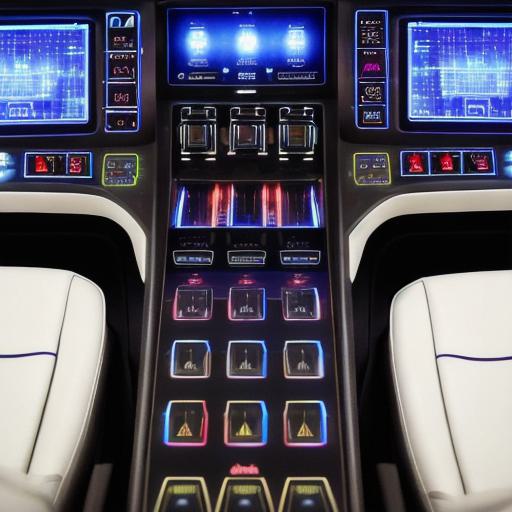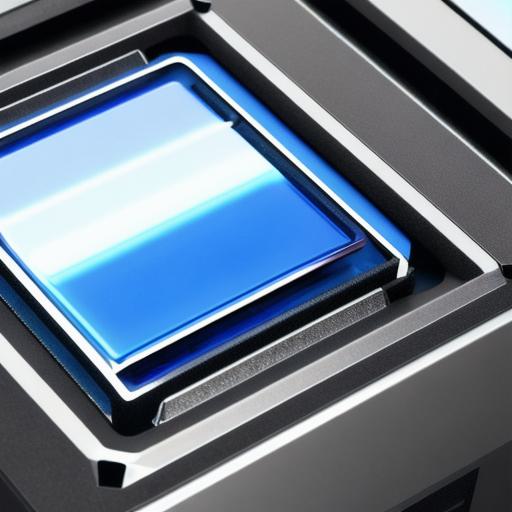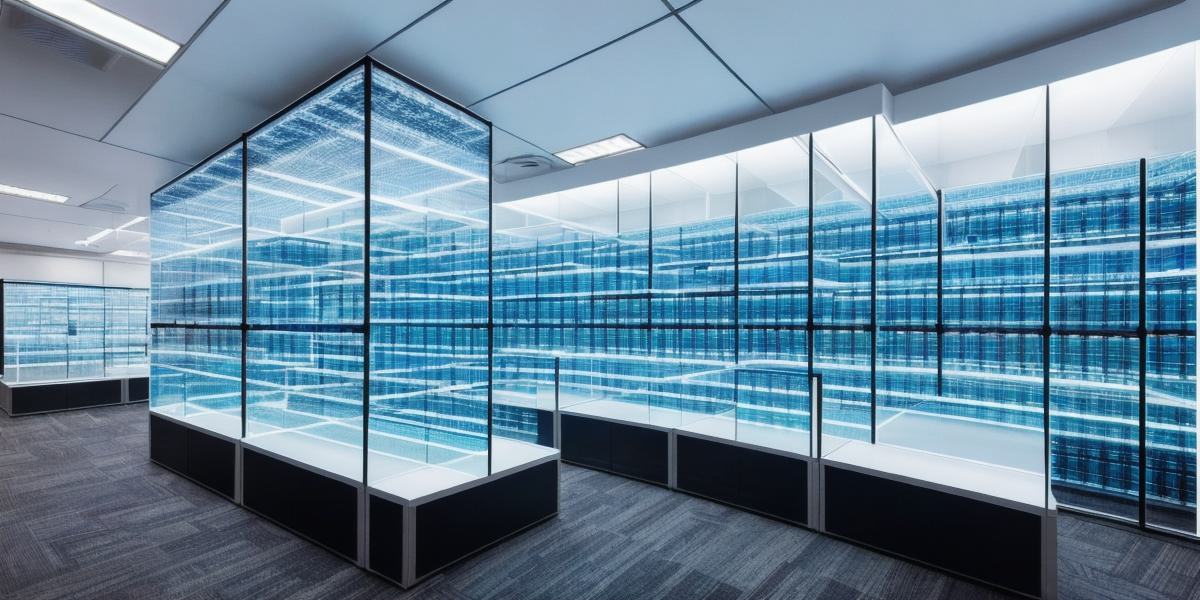Title: Unleashing the Power of Glass Cubes in Data Rooms:
Enhancing Security, Flexibility, and Collaboration
Subheading 1: Enhanced Security Features


Glass cubes have become a popular choice for constructing data rooms due to their numerous benefits. One primary advantage is the enhanced security features they provide. The transparent nature of glass does not limit access to the room’s contents while offering an unobstructed view, making it easier for authorized personnel to monitor the area continuously (1). Glass cubes are also fire-resistant and can withstand extreme temperatures, ensuring valuable data remains protected even during emergencies.
Subheading 2: Flexibility and Customization
Another benefit of using glass cubes in data rooms is their flexibility and customization options. Glass cubes come in various sizes, allowing for the creation of data rooms tailored to specific needs (2). They can be installed with adjustable shelving systems to accommodate different storage requirements or even be combined with other materials, such as metal or concrete, to form hybrid structures. This adaptability ensures that data rooms are not only functional but also aesthetically pleasing and comfortable for users.
Subheading 3: Promoting Collaboration and Communication
Moreover, glass cubes contribute significantly to fostering collaboration and communication within teams working in data rooms (3). The transparent structure allows team members to engage with one another easily, promoting open dialogue and idea sharing. This collaborative environment can lead to increased productivity and innovation, ultimately contributing to the success of a business or organization.
Subheading 4: Reducing Energy Consumption and Costs
Lastly, glass cubes are an energy-efficient solution for constructing data rooms due to their natural light transmission properties (4). By allowing natural sunlight to enter the room, the need for artificial lighting is significantly reduced, thereby reducing energy consumption and associated costs. This eco-friendly feature aligns with organizations’ sustainability initiatives while also providing employees with a more comfortable work environment.
In conclusion, implementing glass cubes in data rooms offers several benefits, including enhanced security features, flexibility and customization options, promotion of collaboration and communication, and energy efficiency. By choosing glass cubes as the primary building material for their data rooms, organizations can ensure a functional, visually appealing, and cost-effective solution for safeguarding valuable information.
